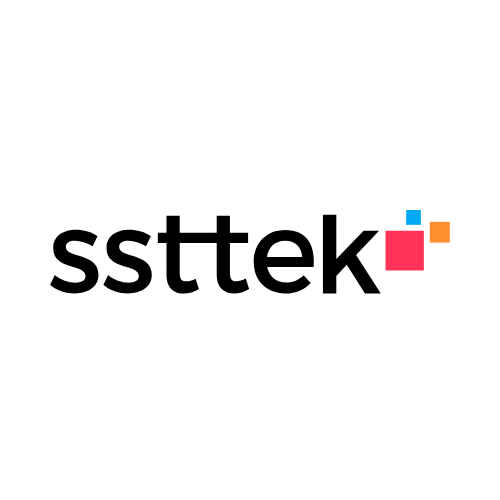The field of artificial intelligence (AI) is evolving rapidly worldwide, particularly in Western countries. However, these technological advancements also bring significant concerns regarding data security and privacy. The data used in AI training, especially when it involves personal information, must be assessed under the Personal Data Protection Law (KVKK), and necessary precautions should be implemented.
One of the most critical aspects of this process is ensuring that the collection, storage, and processing of data used in AI training adhere to legal and ethical guidelines. KVKK establishes specific rules for companies regarding data processing procedures, outlining the necessary criteria and compliance measures.
How Are Artificial Intelligence Models Trained?
To develop effective AI models, large volumes of data are required. This data typically comes from labelled datasets and is gathered from various sources to optimize the learning process. The types of data used in Artificial Intelligence training include:
- Visual, text, audio, and structured datasets
- Real user data or anonymized information sources
- Data processed by algorithms to enhance the model’s predictive and decision-making capabilities
However, when personal data is involved, strict adherence to KVKK regulations is essential. It is crucial to determine how data is processed, the purposes for which it is used, and the security measures in place during the training of Artificial Intelligence Models.
Beyond the technical aspects, the ethical and social dimensions of AI trainingshould also be considered. Models trained with biased data may produce prejudiced and unfair outcomes. Therefore, ensuring diversity and inclusivity in datasets is vital to developing fair and unbiased AI systems.
How Should Data Processing Processes Be According to KVKK?
KVKK establishes clear guidelines for the processing of personal data in AI training. Companies developing AI technologies must comply with these rules and consider the following principles:
- Obtaining Data Processing Consent: Explicit consent must be obtained for personal data used in AI training, and the process must be managed transparently.
- Applying the Data Minimization Principle: Only the data necessary for AI training should be collected, avoiding unnecessary data accumulation.
- Implementing Anonymization and Masking Techniques: Personal data should be anonymized to protect privacy and prevent identification.
- Ensuring Data Security: Technical measures such as encryption, access control, and secure storage should be in place to protect data.
- Complying with Binding Corporate Rules: Organizations must strictly adhere to the compliance rules set forth by KVKK.
As of 2025, companies—particularly those in commercial sectors—must enhance their KVKK awareness, continue training efforts, and consistently update their data security policies. Additionally, monitoring regulatory updates regarding cross-border data transfers and ensuring that essential documents such as privacy policies, consent forms, and cookie policies are up to date is crucial.
In the compliance process, it is not only Turkish regulations that matter but also international standards like the European Union’s General Data Protection Regulation (GDPR). Since AI training data sources are increasingly global, companies and developers must align with data protection laws applicable in different regions.
The Importance of KVKK Compliance in AI Training
Given that AI training relies on vast datasets, compliance with KVKK’s requirements for personal data processing is essential. This issue extends beyond Turkey and is part of a broader global data protection framework. Companies developing AI technologies must not only strive for technical excellence but also prioritize legal and ethical responsibilities.
To achieve this, they must strictly adhere to data processing consent requirements, implement robust data security measures, and stay informed about international data protection regulations. By 2025, companies that strengthen their efforts to comply with KVKK and global data standards will reduce legal risks while enhancing user trust.


